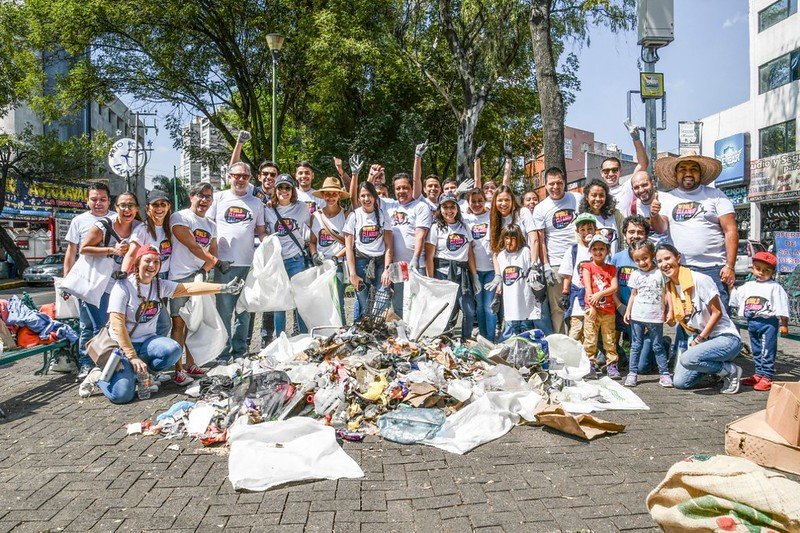Start Trash Hacking your life on World Cleanup Day by joining UNESCO in taking part to World Cleanup Day on September 19, with more than 20 million of volunteers across the world!
With the COVID-19 global pandemic affecting many parts of the world, the first step is to ask – Is it safe to be part of a group cleanup where you live?
If so : Join a cleanup walk with a local team or organize your own
If not, is it safe to do an individual cleanup? Find out how here.
If it’s not possible to do a cleanup outside, you can still participate! Register for a digital cleanup with World Cleanup Day. The internet and its supporting systems account for about 4% of green house has emissions, and its energy consumption is increasing by about 9% a year. Find out more about how to take part of a digital cleanup here: https://digital.worldcleanupday.org/
Stuck at home? Read our article on 10 ways you can Trash Hack your home.
You’ll be taking part in one of the biggest civic movements of our time and cleaning up your neighbourhood, home or inbox.
As you take action, remember to stop and question yourselves! Here are some points you can reflect on:
- Where is excess trash in your area?
- Which kind of trash did you collect? Were they already breaking down in small fragments?
- What consequences do they have?
- How can changing our behaviors can reduce waste? What are the limitations of our actions?
- How does taking part in World Cleanup Day feel?
After World Cleanup Day you can join with Let’s Do It to compile your own “Keep It Clean Plan”, and keep learning about waste and making a difference in your home, neighbourhood and the world.
Some tips:
- Find out, how it is best to separate and collect different type of waste, where can you take wastes exactly (write down exact addresses). Make photos of different locations, where do you take sorted waste (packages, paper, old textiles, toxic wastes e.g. batteries, medical products etc.). Give comments, if these locations are well organised by the local government or if they need improvement. Which kind of improvement?
- Pay attention to organic waste. What can you do with it? Can you use it somehow in your own home? How can organic waste be composted in a private house or in an apartment building?
- How can you re-use/recycle waste in your own home?
- How can you reduce waste in your own home (e.g. avoiding packaged food etc.)? Is it possible to buy unpackaged food in your area?
- Pick one area in your neighbourhood (a park, a forest, a section of streets etc), mark it on Google Maps and “count the garbage”. Go to the area and write down what type of waste can you spot there.
Learn more by researching trash and talking trash with your loved ones and sign up to the mailing list to get Trash Hacks right in your inbox.
And don’t forget to share your experience, your challenges and wins, and your thoughts, with #TrashHack!

